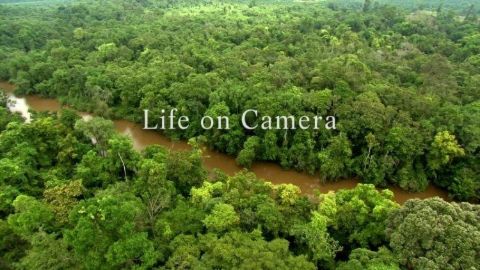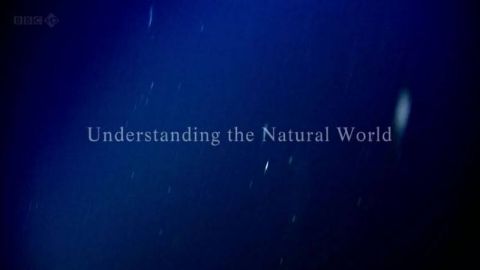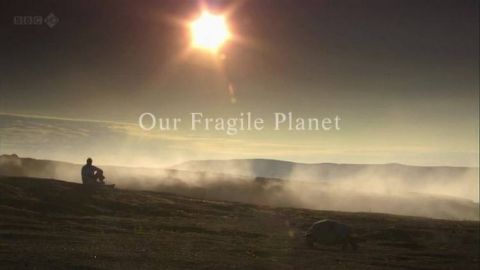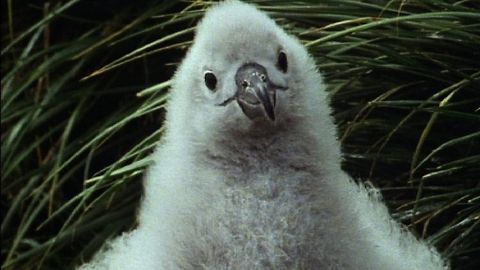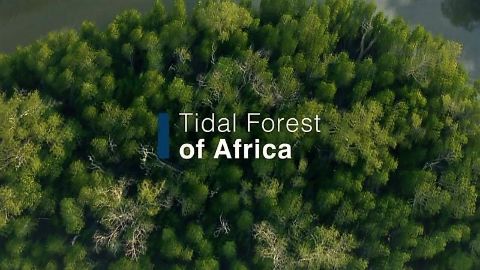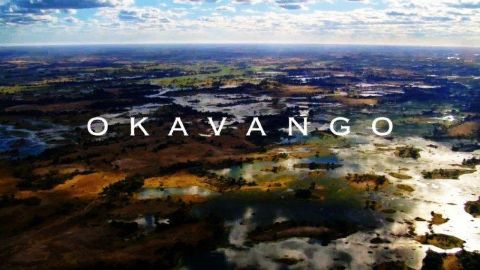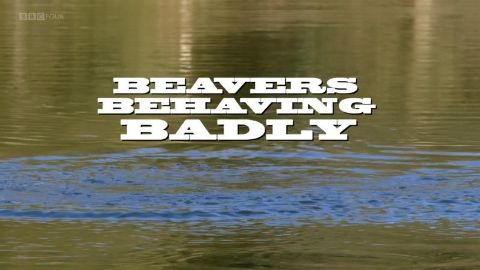Life on Camera • 2012 • episode "S1E1" • Attenborough: 60 Years in the Wild
Sir David Attenborough gives his unique perspective on over half a century of innovation in wildlife filmmaking. He revisits key places and events in his filming career, reminisces with his old photos and reflects on memorable wildlife footage - including him catching a komodo dragon and swimming with dolphins. Returning to his old haunts in Borneo he recalls the challenges of filming in a bat cave and shows how with modern technology we can now see in the dark.
Make a donation
Buy a brother a hot coffee? Or a cold beer?
Hope you're finding these documentaries fascinating and eye-opening. It's just me, working hard behind the scenes to bring you this enriching content.
Running and maintaining a website like this takes time and resources. That's why I'm reaching out to you. If you appreciate what I do and would like to support my efforts, would you consider "buying me a coffee"?
Donation addresses
BTC: bc1q8ldskxh4x9qnddhcrgcun8rtvddeldm2a07r2v
ETH: 0x5CCAAA1afc5c5D814129d99277dDb5A979672116
With your donation through , you can show your appreciation and help me keep this project going. Every contribution, no matter how small, makes a significant impact. It goes directly towards covering server costs.
